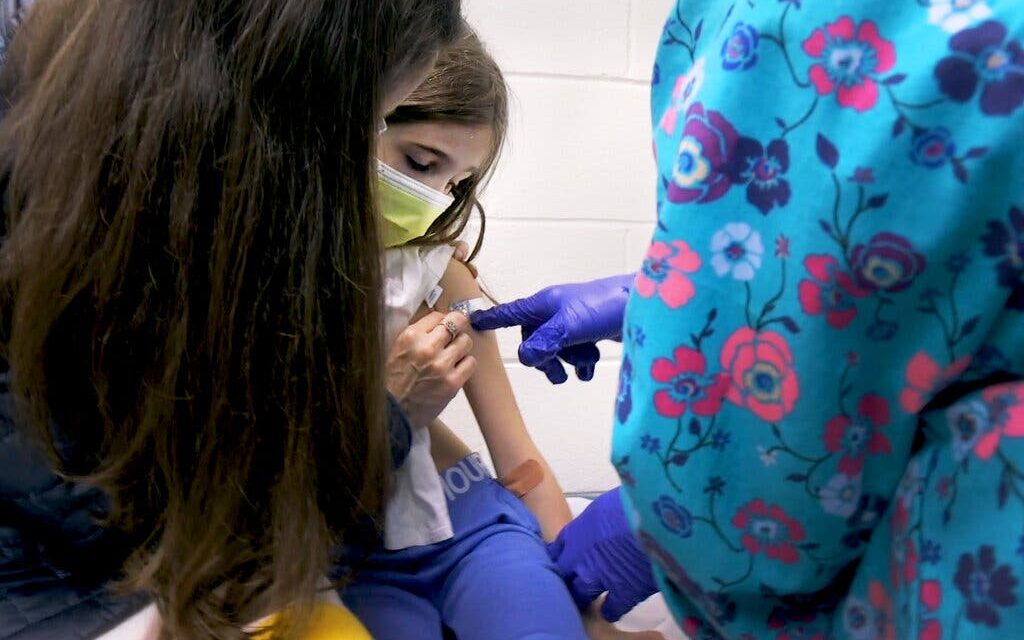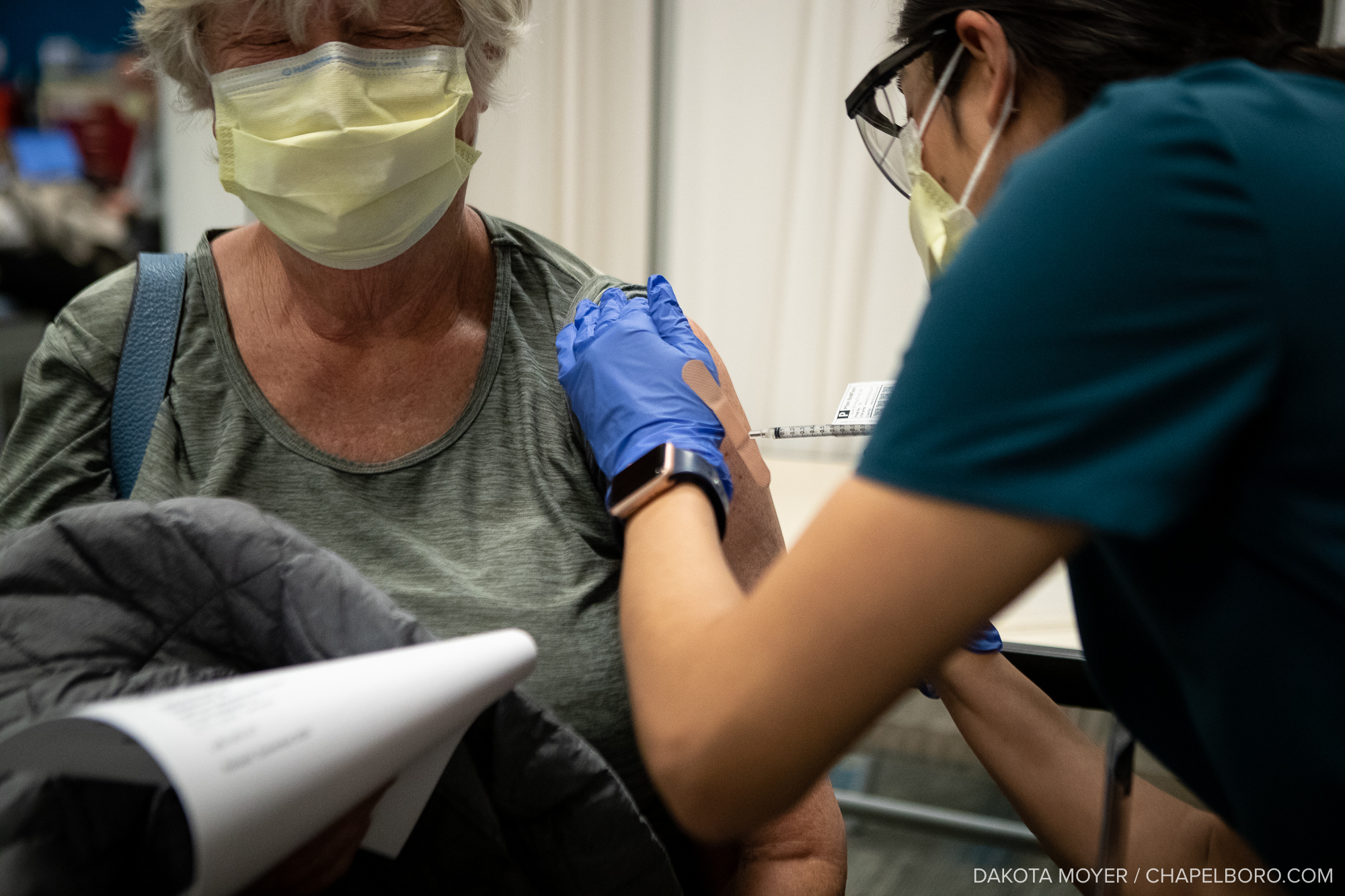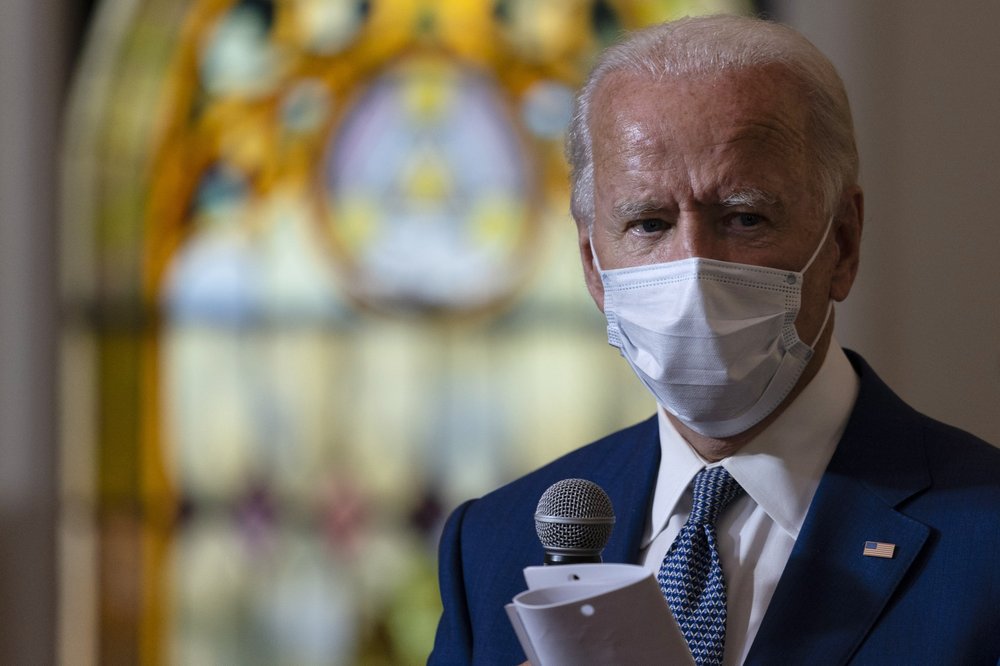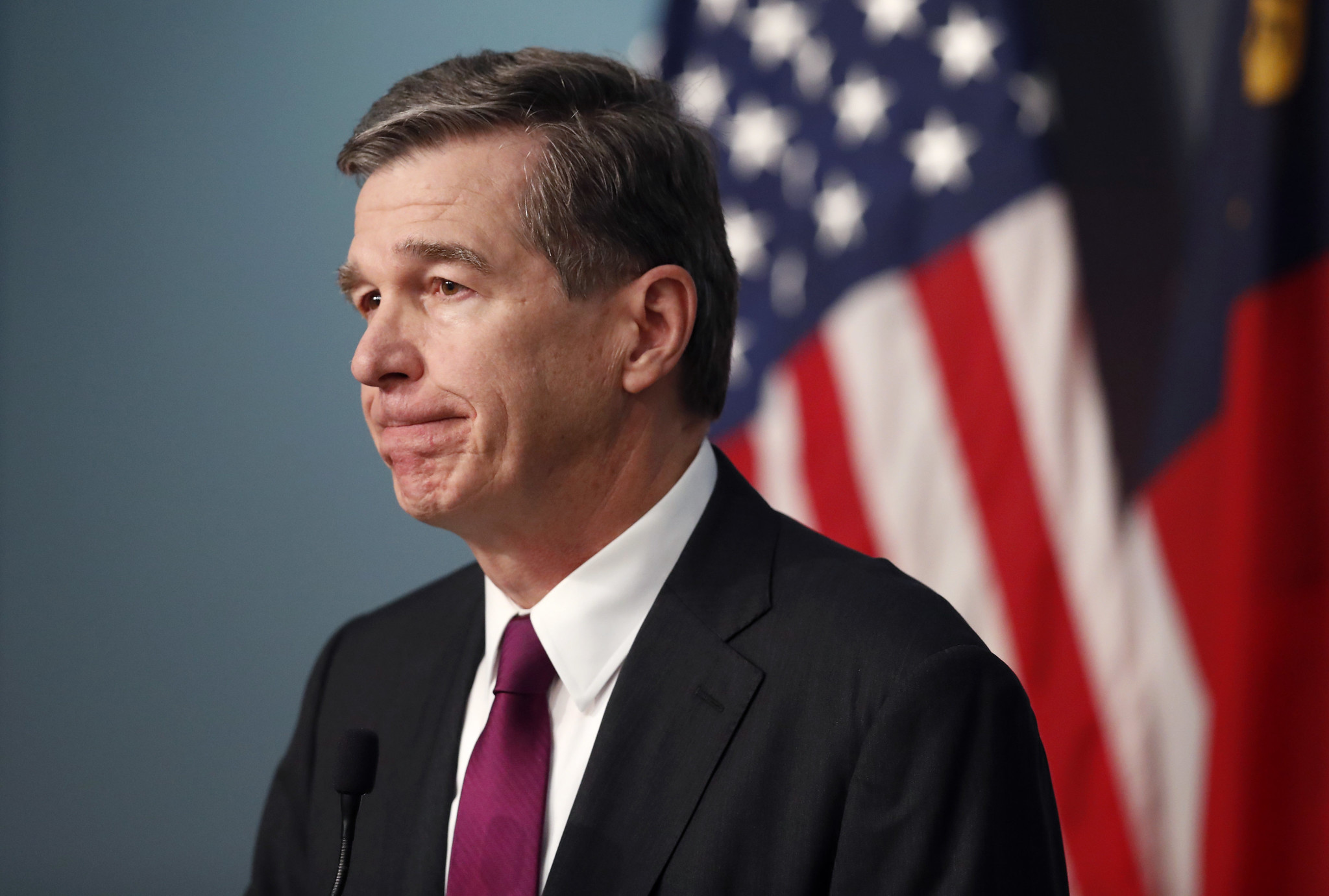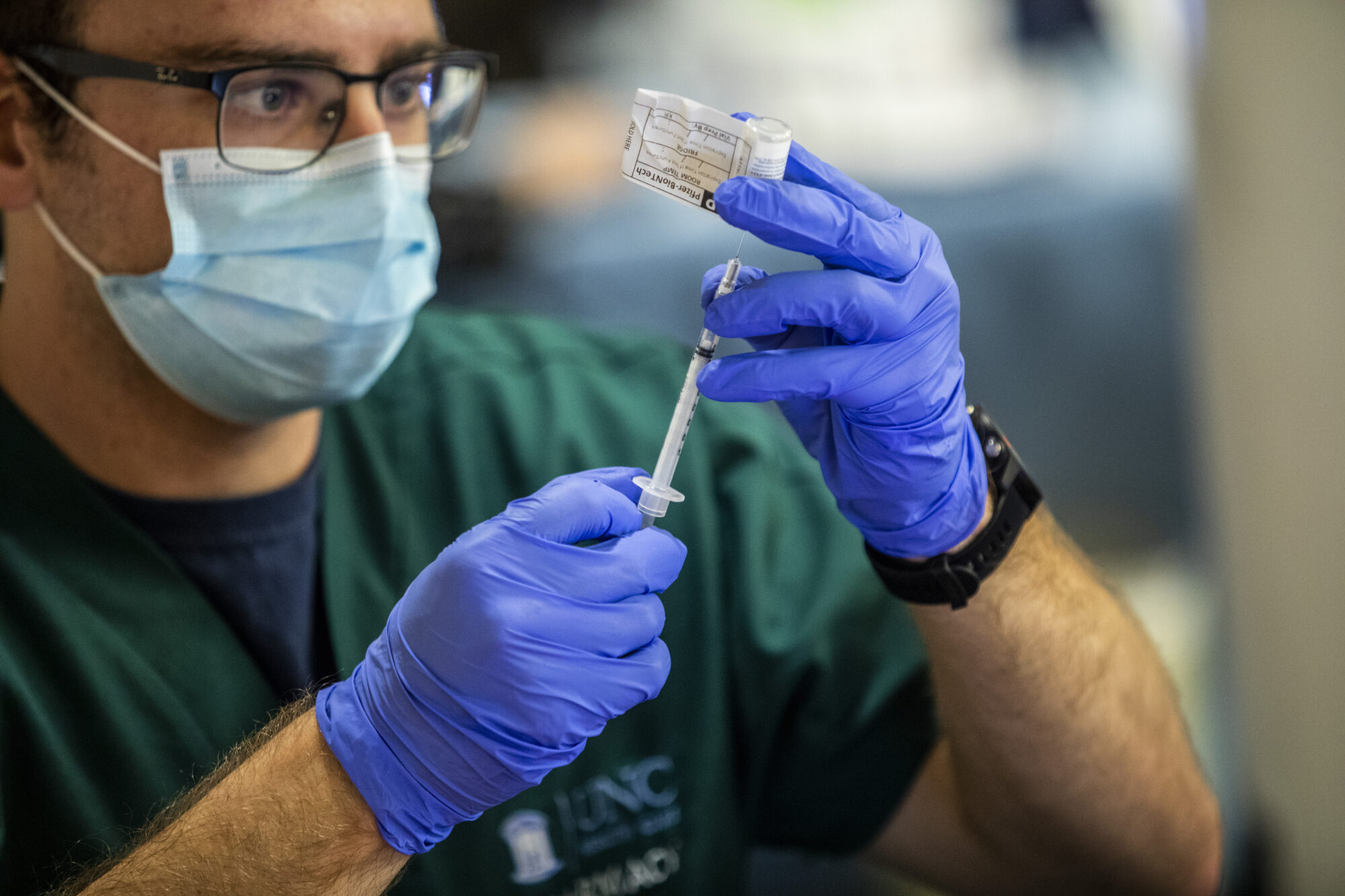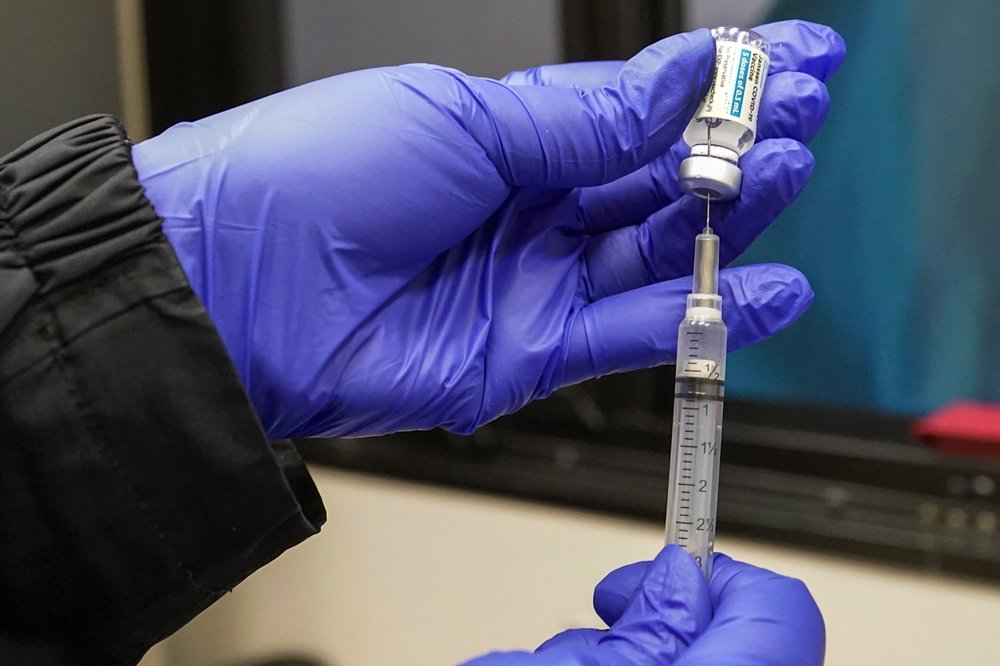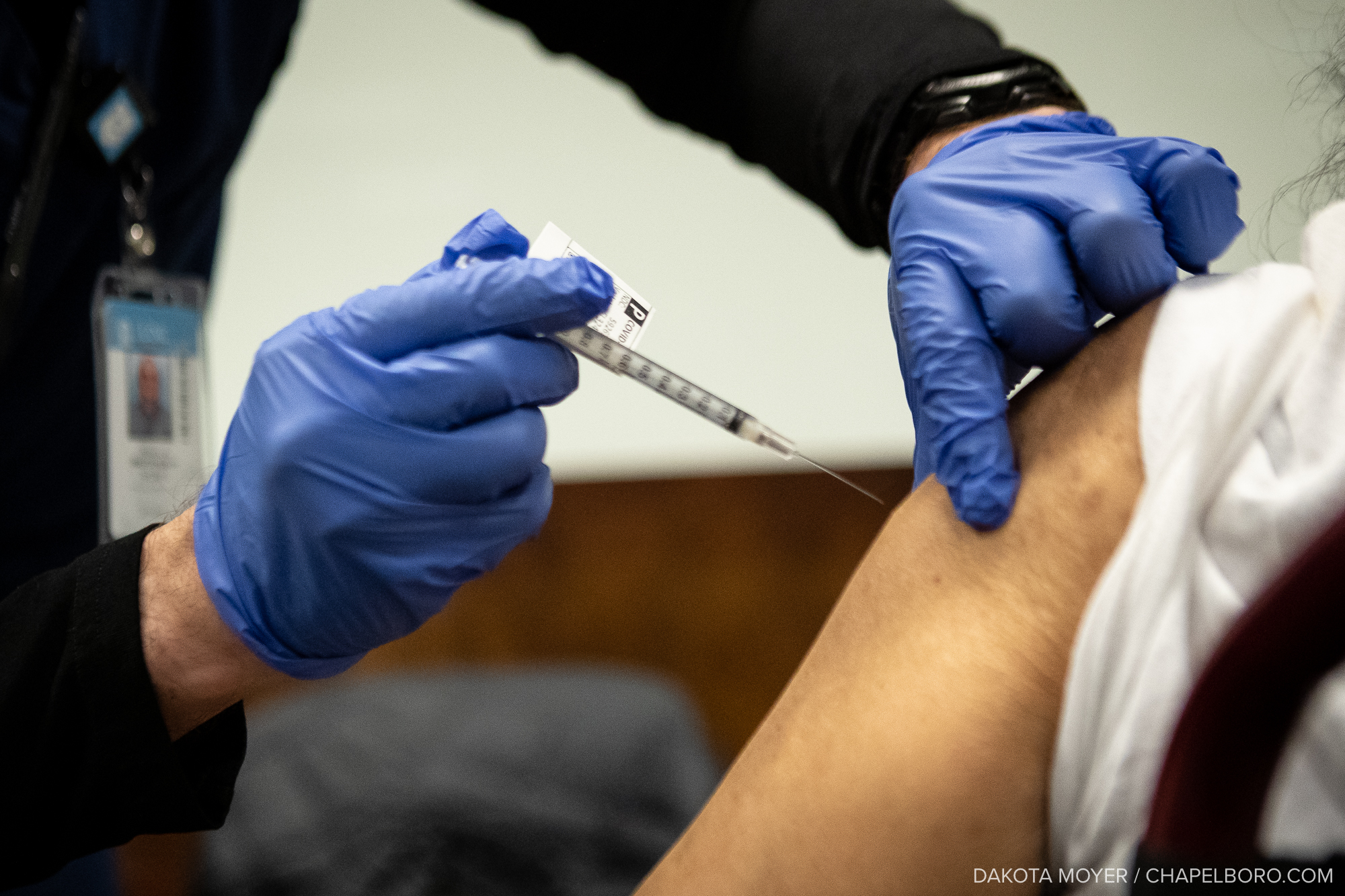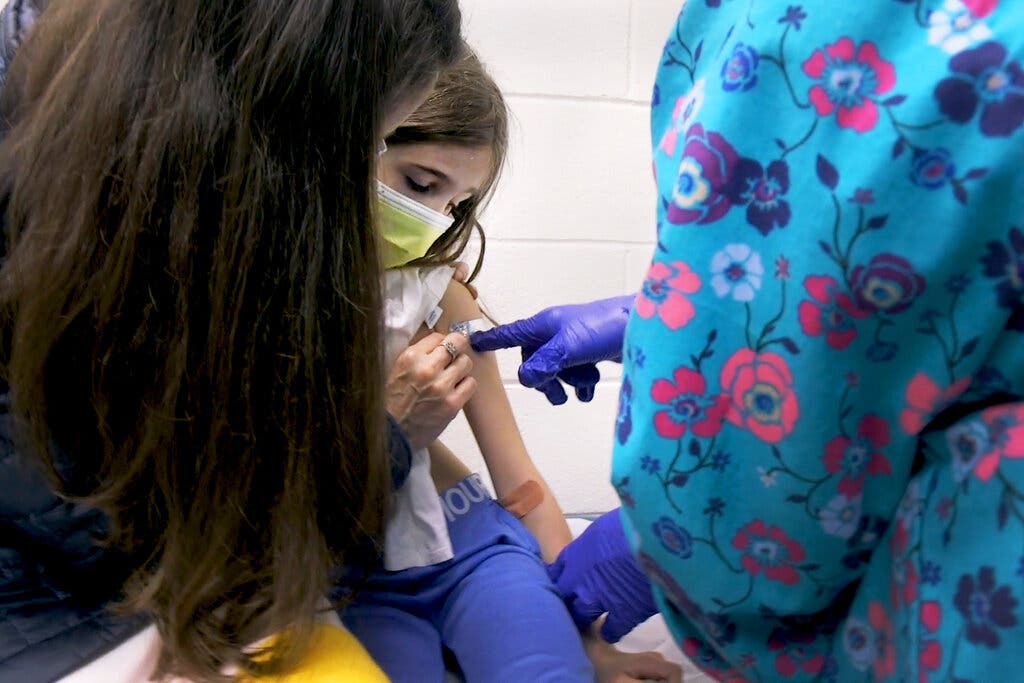Younger children are the age demographic that had the longest waits for COVID-19 vaccines to be approved. So far, their vaccination rates reflect that gap of time, but urgency around getting those initial doses has slowed to a crawl. With a new school year being just around the corner, though, federal health officials are saying now is a good time for parents to help their kids get caught up on their shots.
While COVID-19 poises more severe health threats to older community members, the virus still spreads as easily for younger children. The Mayo Clinic reports 19 percent of the coronavirus cases in the U.S. since the pandemic began are attributed to children. In June, however, the Food and Drug Administration authorized the first COVID-19 vaccine shots for infants and those under the age of 5 – the final age demographic to get them approved.
Dr. José Romero is the director of the National Center for Immunization and Respiratory Diseases in the Centers for Disease Control. Between new variants of the virus and schools starting up, he recommended parents getting those youngest children their first doses of the vaccine – even if they’re not in public settings as much as others.
“Being at home is not a safety net around them,” Romero told 97.9 The Hill. “Children have siblings, those siblings go out into the world and [could] bring the virus back into home, parents could the virus back into home. For those kids between the ages six months and 5 years, it’s important to get them vaccinated now. The vaccine is safe and effective, and we’ve used the vaccine in older individuals and children, given millions and millions of doses. We know its safety profile and its efficacy.”

Dr. José R. Romero. (Photo via the National Center for Immunization and Respiratory Diseases.)
So far in North Carolina, just three percent of those under the age of five have received one dose of the COVID-19 vaccine. The 5- to 11-year-old age range is higher, but also lags the adult rates in the months following vaccine approval. Since their shots were approved last November, 27 percent of the 5-11 population in North Carolina have received at least one dose.
Romero said especially with that group returning to classrooms from summer break, parents already may be looking at updating their children’s vaccinations. While the COVID-19 shot is not required yet in any states’ public schools, he said the start of the school year is a good time frame to get it done.
“[If] they have their school physicals or their sports physicals – they can take advantage of that time to get the COVID-19 vaccine,” he said. “But in addition, some children have fallen behind on their routine immunizations. So, bringing them up to date with those vaccinations is important and they can take advantage of this time to get that done.”
“We did see a national trend of children not receiving their vaccines during that first year and less so in the second year,” Romero added. “But we’ve also noticed now that children are ramping back up, getting caught back up. The important thing to remember for everyone is we have high rates of immunization in this country, and that’s protecting all of us. So, just to get those kids back to the normal level of vaccination at this time for [their] age is the best thing to do.”
Romero said the biggest concern officials have heard from parents is the vaccine’s efficacy or side effects on children. He said so far, there are no indications the children will suffer worse symptoms than those presented by COVID-19.
The CDC, however, has a resource that parents and anyone with a vaccine shot can use to track symptoms and whether they’re unusual. Romero said the app “v-safe” helps federal health officials notice any unusual or adverse trends, which he said have not surfaced yet.
“Parents can choose to enroll their children in this program and they can report the signs and symptoms the child has after the vaccine is given,” said Romero. “That allows the CDC and FDA to track these symptoms and see if there’s a trend, if there’s anything out there that we need to be more concerned about.
“It is an option for parents to do if they want and I encourage them to consider that as an option,” he added.
In Orange and Chatham Counties, the public school systems’ new academic year begin on Monday, August 29.
Photo via Shawn Rocco/Duke Health.
Chapelboro.com does not charge subscription fees, and you can directly support our efforts in local journalism here. Want more of what you see on Chapelboro? Let us bring free local news and community information to you by signing up for our biweekly newsletter.

